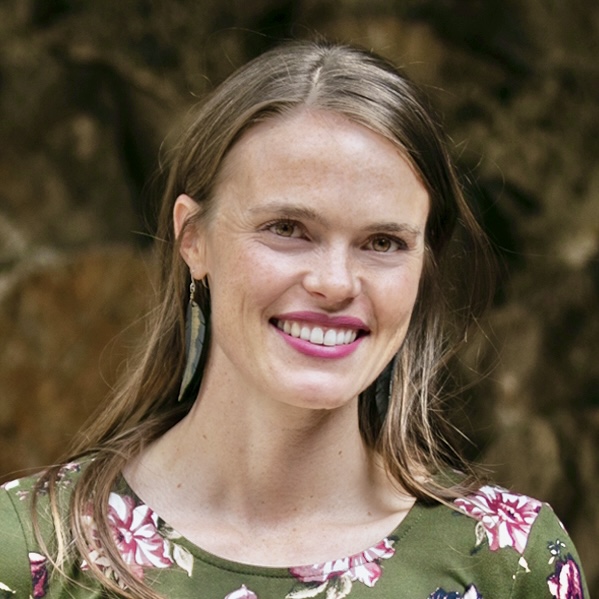
Amber Reimondo is energy director for the Grand Canyon Trust, an environmental non profit focused on safeguarding the Grand Canyon and greater Colorado Plateau while supporting the rights of Native People. She was born and raised in rural Wyoming where she learned first-hand what it’s like to live amid rampant energy development. Amber has a dual bachelor’s degree in environment and natural resources and philosophy from the University of Wyoming and a master’s of science in environmental science and policy from Northern Arizona University, where she studied groundwater policies and their inadequacies in the face of mineral extraction.
Amber spent the first four years of her career working closely with conservative lawmakers and regulators to improve state oil and gas environmental rules in Wyoming before coming to the Grand Canyon Trust in 2016. She has since worked with tribes, elected and community leaders, and nonprofit partners to end uranium mining in the Grand Canyon region, particularly through the Grand Canyon Protection Act, a bill that would create a permanent moratorium on mining on federally managed lands adjacent and hydrologically connected to the Grand Canyon. The threat uranium mining poses to the Grand Canyon region has only become more urgent with the shift away from fossil fuels and Russia’s invasion of Ukraine as mining proponents suggest the Grand Canyon region should become a source of domestically mined uranium.
Amber has testified before Congress twice (see here and here) and formed friendships and working relationships with impacted Indigenous community leaders who she collaborates with on the challenges they face protecting their homelands, their communities, and their cultures. She has authored two reports that make important information about uranium mining near the Grand Canyon more accessible to advocates and decision-makers, Uranium Mining in the Grand Canyon Region and Canyon Mine: Why No Uranium Mine is ‘Safe’ for the Grand Canyon Region. Amber lives in Flagstaff, Arizona, the ancestral homeland of at least fourteen tribes, including many people she now works with who are members of the Navajo Nation, Havasupai, Hopi and Zuni Tribes.
Thematic image via Unsplash by Omer Nezih Gerek
